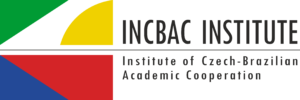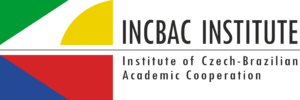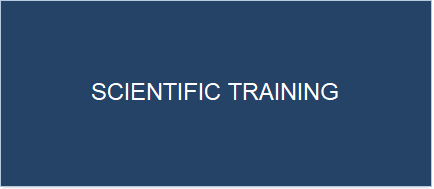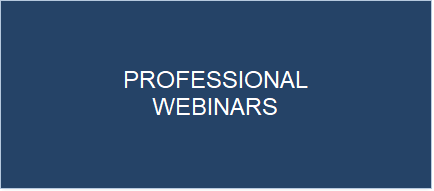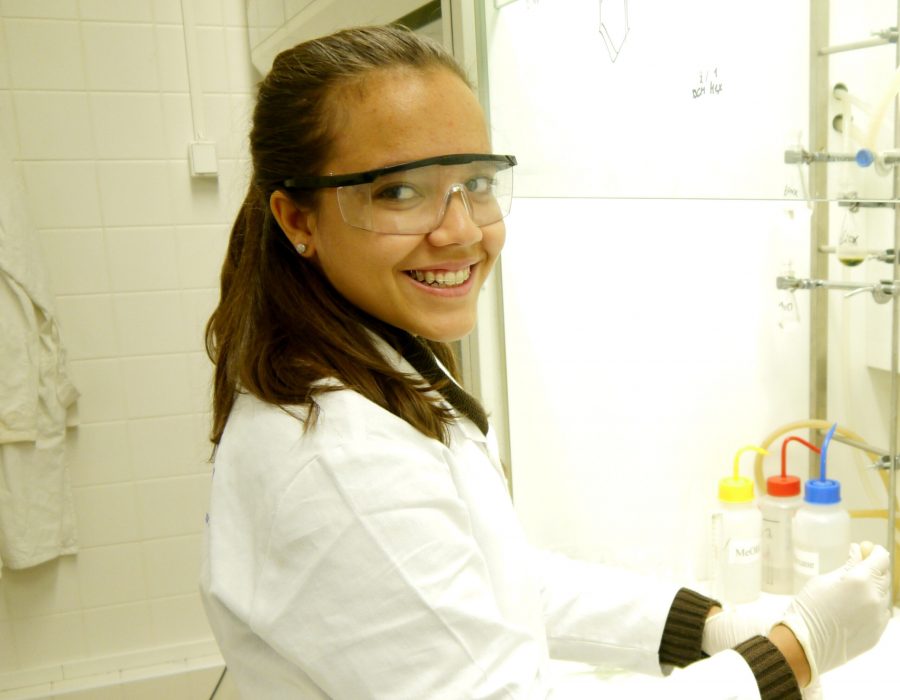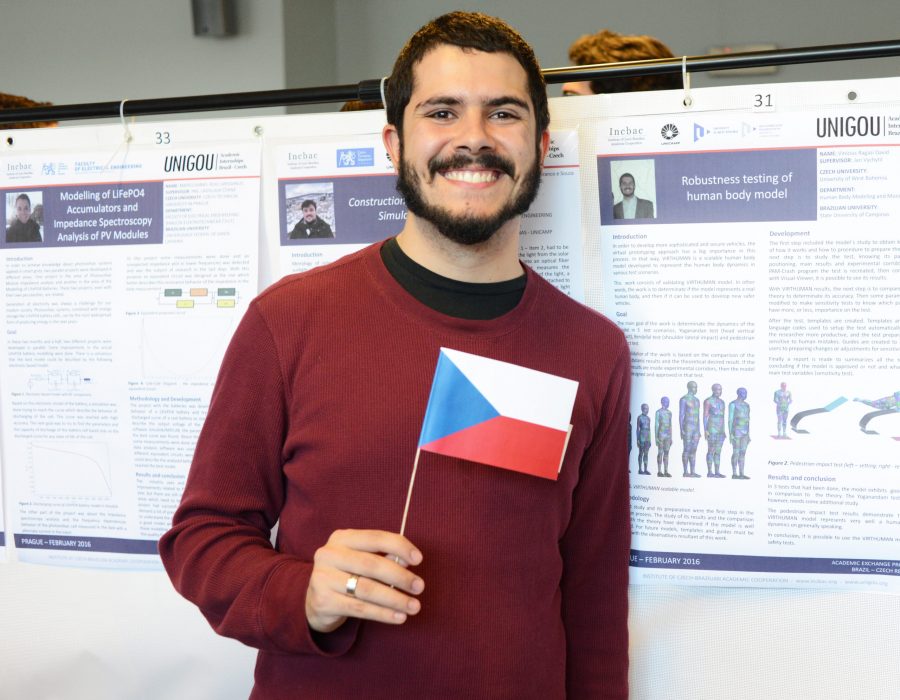- Home
- INCBAC Institute
- UNIGOU Remote
- UNIGOU Training
- UNIGOU Exchange
- UNIGOU Publications
- Unigou Posters
- Brno University of Technology
- Charles University in Prague
- Czech Technical University in Prague
- Czech University of Life Sciences Prague
- Masaryk University in Brno
- MemBrain Research Centre
- Mendel University in Brno
- Metropolitan University Prague
- Palacký University Olomouc
- Technical University of Liberec
- University of Economics in Prague
- University of Hradec Králové
- University of South Bohemia
- University of West Bohemia
- UNIGOU Papers
- Unigou Posters
- Testimonials
- Blog & News
- Contact
UNIGOU tRAINING ACTIVITIES
The UNIGOU Scientific Training Program was established with the purpose to provide Brazilian students a unique opportunity to enhance their professional skills from an international perspective and scientific advancement. The program contributes to the development of both professional abilities and personal qualities among all participants.
The UNIGOU Scientific Training program consists of 2 parts conducted online:
1 - SCIENTIFIC TRAINING

Enhancement of academic and scientific skills within international standards.

140 hours (approximately) of engagement in active learning, academic practices and assignments.

Article published at INCBAC official media.

Certificate of completion of the Scientific Training program, received upon proper conclusion of all the scheduled activities of the Scientific Training.
ABOUT SCIENTIFIC TRAINING
During the Scientific Training, the students will be guided towards key aspects of academic development, research skills, and scientific publishing, within international standards.
he Scientific Training will cover approximately 140 hours of engagement in active learning, academic practices and assignments, when issues such as definition of research hypothesis and research gaps, formulation of research questions, literature review preparation, and results conveyance will be addressed.
Each student will prepare an academic article.
2 - PROFESSIONAL WEBINARS

Enhancement of general personal and professional skills applicable in academic as well as future working life of the participants.

Extended knowledge of advantages as well as challenges of study and work stays abroad.

Overview of study opportunities in the Czech Republic.
ABOUT PROFESSIONAL WEBINARS
All students who join the UNIGOU Training Program will have the opportunity to subscribe to the Professional Webinars part of the program and join all scheduled events. The Professional Webinars target various topics related to the personal, professional, and academic development of participants within an international environment.
Ability of self-presentation within a multicultural public will be addressed in the webinars. The content should also include helpful tips for young professionals on the verge of starting an international career, such as suggestions on how to write an appealing CV and handle formal and informal communication among people from different countries.
Another topic of webinars will target the issues of different cultural aspects related to studying and working abroad, challenges of expatriate students and workers, adaptation to foreign environments, etc.
